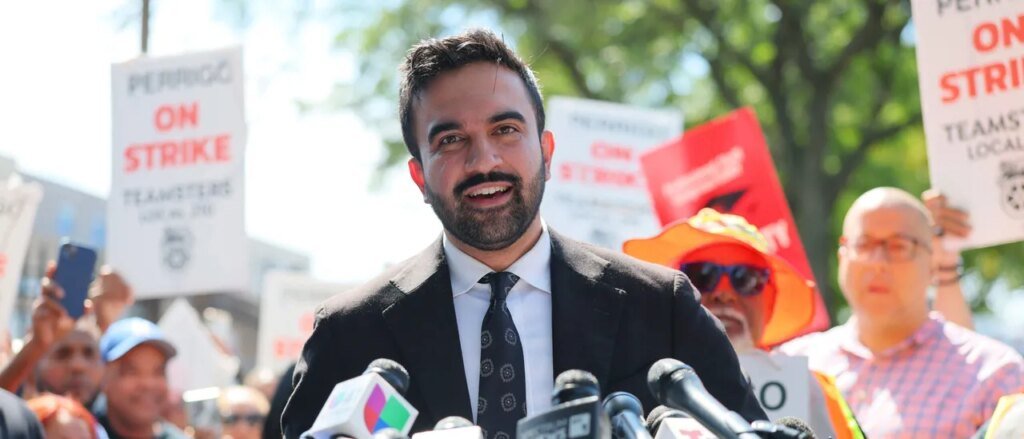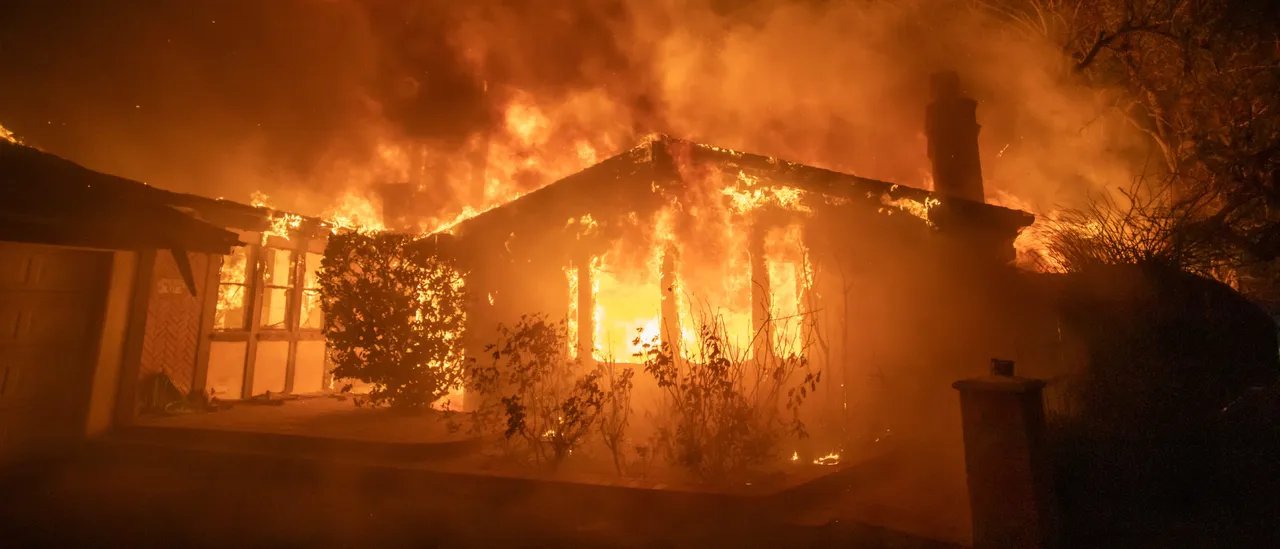Political Tensions in New York: Mamdani and Hochul’s Complicated Dynamic
New York City mayoral candidate Zoran Mamdani, affiliated with the Democratic Socialists, is navigating a complicated relationship with Governor Kathy Hochul. Despite Hochul’s endorsement of his campaign, Mamdani has hesitated to publicly support her re-election bid.
On Sunday, Hochul wrote an opinion piece in the New York Times explaining her endorsement, noting it was influenced by hearing from leaders who share her vision. However, when the Daily News inquired about his stance for Hochul’s 2026 re-election, Mamdani indicated that his primary focus is on the upcoming election in November.
“We’re looking forward to having the governor’s support as we head into that battle,” Mamdani remarked, referring to the past conflicts between City Hall and Albany.
Hochul’s backing of Mamdani is particularly notable, as prominent figures like House Democratic leader Hakeem Jeffries and Senate Minority Leader Chuck Schumer have not offered formal support to him. In her op-ed, Hochul expressed that, despite some differences, she aligns with Mamdani on crucial issues such as safety and affordability, as well as the rise in anti-Semitic incidents.
“In our discussions, it became clear that we both strive for a New York where children can thrive safely in their neighborhoods and where families have access to opportunities,” she stated.
Looking ahead to the November election, Mamdani has unveiled ambitious proposals, including raising the minimum wage to $30, introducing government-run grocery stores, and imposing taxes on wealthier neighborhoods. While some Republicans have raised alarms about these plans, there are murmurs that certain business owners in the city may consider relocating should Mamdani assume office.
Since clinching his nomination, Mamdani has faced criticism from both sides for not outright rejecting previous controversial political statements, including the phrase “globalization of intifadas.” In interviews, he has at times shied away from addressing these comments, describing them as expressions of frustration amidst the aftermath of George Floyd’s death.
In a recent interview, he reiterated that the language used isn’t reflective of his beliefs, which are aligned with “universal human rights.” He also suggested that he recognizes the need to differentiate himself from past remarks following conversations with community leaders.
Hochul’s office has yet to respond to requests for comments on these unfolding dynamics.







